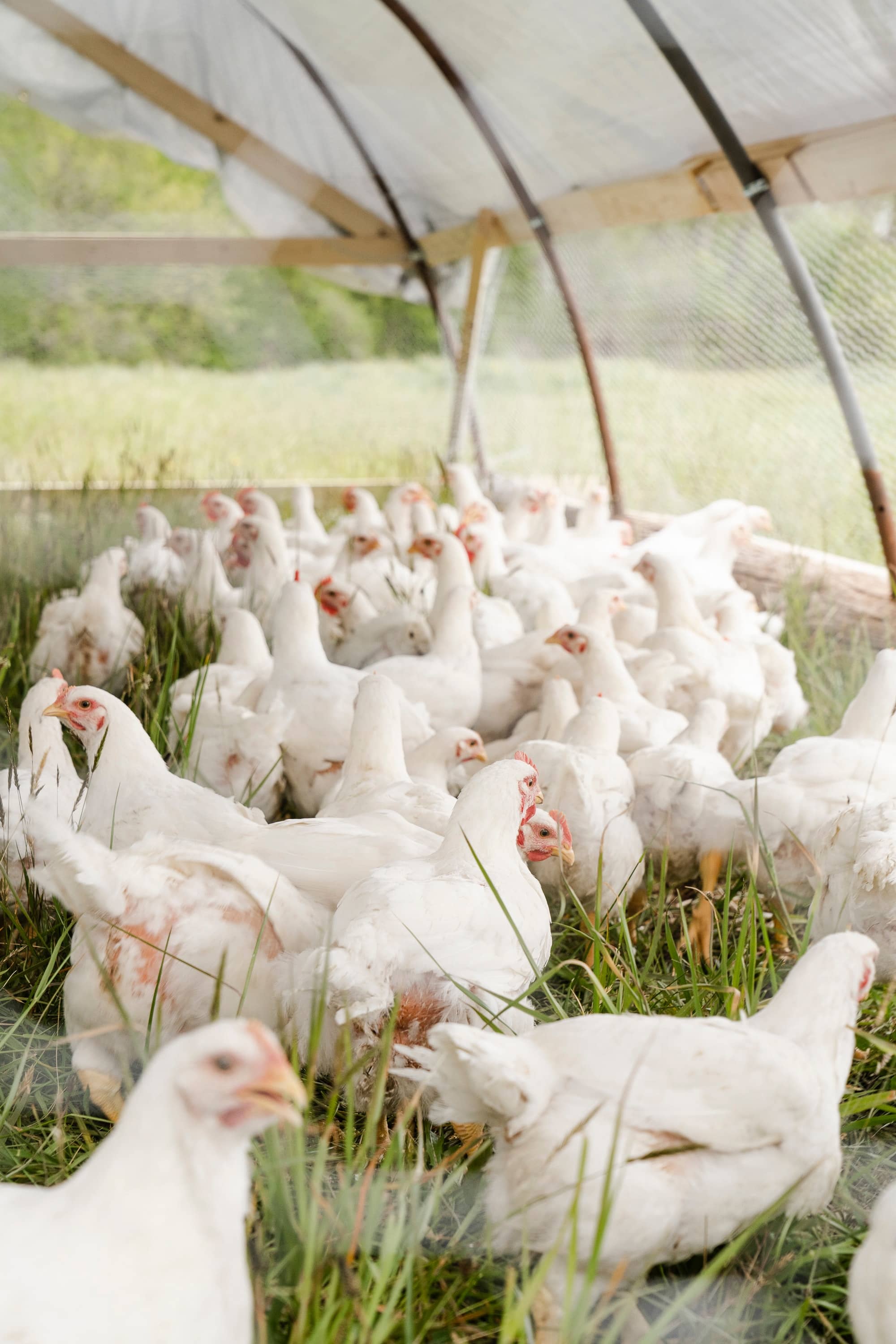
(NDAgConnection.com) – North Dakota Health and Human Services (HHS) and the North Dakota Department of Agriculture (NDDA) encourage people who come into contact with live poultry to take precautions to avoid illness. Contact with live poultry or their environments can be a source of germs such as Salmonella, Campylobacter, and E. coli. There is also a potential for infection with avian Influenza A virus.
“Chickens, turkeys, gamebirds and ducks that appear healthy may have Salmonella in their droppings or on their bodies,” said NDHHS epidemiologist Laura Cronquist. “A bird that looks clean can still have germs on its feathers, beak and feet that can make a person sick.”
“People may become ill after holding, cuddling or kissing baby birds or by touching areas where poultry live or roam,” said Cronquist. “So far this year, eight cases of Salmonella infection associated with contact with live poultry have been reported in North Dakota, with 884 outbreak cases nationwide in 2022.”
Symptoms of Salmonella infection may include diarrhea, vomiting, abdominal cramps and fever, which usually begin six hours to six days after exposure. The illness typically lasts four to seven days, and most healthy people recover without antibiotic treatment. However, in some cases the infection can spread to other parts of the body, leading to severe and potentially life-threatening illness.
People involved in raising, showing and transporting poultry, including agricultural employees, postal workers and agricultural retail store staff, have an increased risk of exposure. Others may be exposed at work, daycare or at home when cleaning cages or coops, providing feed and water to birds or holding poultry. People at highest risk of developing severe illness are pregnant women, people over 65 and persons with compromised immune systems due to certain medications or pre-existing conditions. Young children are especially at risk of illness because their immune systems are still developing, and they are more likely to put their fingers, hands or other items into their mouths.
The risk of acquiring Salmonella, Campylobacter and other infections from live poultry can be reduced by following these guidelines:
– Always wash your hands thoroughly with soap and water immediately after touching live poultry or any items in the area where they live and roam. Use hand sanitizer if soap and water are not readily available.
– Do not let children younger than five years of age handle or touch chicks, ducklings or other poultry.
– Supervise older children around poultry and while they wash their hands afterward.
– Do not snuggle or kiss the birds, touch your mouth or eat or drink around live poultry.
– Do not allow poultry inside the house or in areas where food or drinks are prepared, served or stored.
– Do not give chicks and ducklings as gifts.
– Set aside a pair of shoes to wear while taking care of poultry and keep those shoes outside of the house.
– Stay outdoors or use a utility sink (not a kitchen or bathroom sink) when cleaning any equipment or materials used to raise or care for poultry, such as cages or food and water containers.
For more information, click here.
